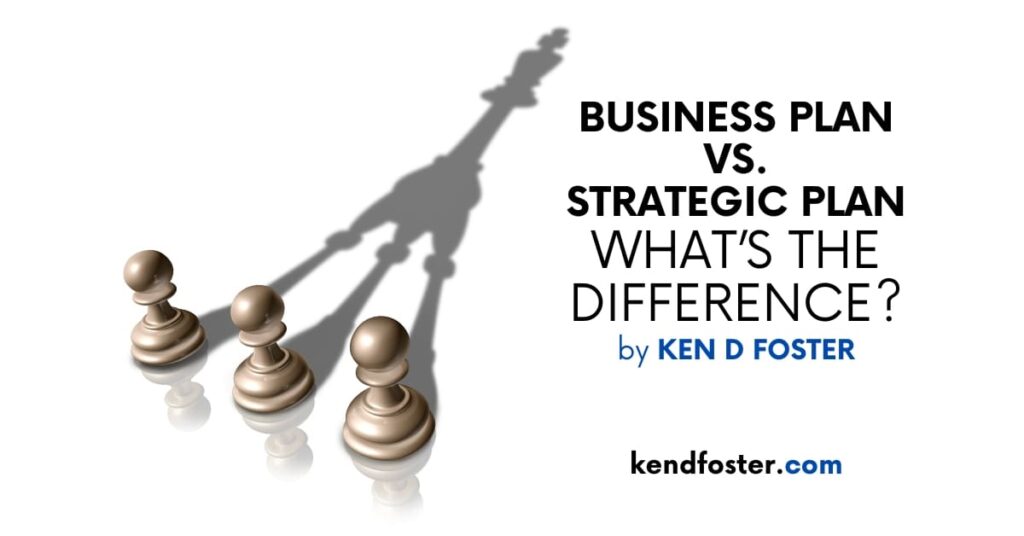
A business plan and a strategic plan are both essential frameworks for any type of business. Whether you want to start your business or grow your existing one, formulating these plans is necessary to achieve your business goals.
A business plan and a strategic plan serve different purposes and focus on various aspects of a business. In this article, let’s explore the differences between the two.
What Is a Business Plan?
A business plan is a comprehensive framework that outlines a company’s vision, mission, and goals, as well as how they plan to achieve them. It is usually created when starting a new business or making significant changes to an existing business.
A business plan helps business owners and management to stay focused on their objectives.
What Is a Strategic Plan?
A strategic plan, on the other hand, is a long-term, high-level framework that outlines a company’s strategic direction and goals. It focuses on defining a company’s vision and implementing strategies to achieve it. A strategic plan is made for an extended period, usually five years.
A strategic plan is developed by a company’s owners, top-level executives, and board members.
Difference Between Business Plan and Strategic Plan
Here are the differences between a business plan and a strategic plan.
Key Elements of a Business Plan
- Company Description: Detailed information about a company’s history, mission, and objectives.
- Executive Summary: A concise overview of the entire business plan, highlighting the most critical points.
- Products (Or Services): A description of the product or services offered by a company.
- Market Analysis: Analysis of the target market, industry trends, and competitors.
- Marketing and Sales Strategy: An overview of how a company intends to market and sell its products.
- Operational Plan: Details about the day-to-day operations, resources, and logistics.
- Financial Projections: Forecasted financial statements, including revenue, expenses, and cash flow.
Key Elements of a Strategic Plan
- Vision and Mission: Detailed information about the purpose and aspirations of a company. It should also include the core values of a company.
- SWOT Analysis: An assessment of a company’s strengths, weaknesses, opportunities, and threats.
- Strategic Goals: The objectives that a company aims to achieve in the long term. The goals set should be specific and measurable.
- Strategic Initiatives: The actions a company should undertake to achieve its strategic goals. Make sure to also formulate the Key Performance Indicators (KPIs) to track progress.
- Resource Allocation: Identifies the necessary financial, human, and technological resources for implementing the goals.
Conclusion
A business plan is a comprehensive framework that provides a detailed roadmap for the entire business, while a strategic plan is a high-level framework that focuses on defining the long-term direction and objectives of the company. Both plans are vital for business success and should complement each other to make a company achieve its goals.
If you want help to frame a business plan or strategic plan for growing your company, book a coaching session with Ken D Foster. Ken has over 35 years of experience in personal and business development. He can help you define your company’s vision and accelerate its growth.



